Best movies like October (Ten Days that Shook the World)
A unique, carefully handpicked, selection of the best movies like October (Ten Days that Shook the World) Starring Vladimir Popov, Vasili Nikandrov, Layaschenko, Boris Livanov, and more. If you liked October (Ten Days that Shook the World) then you may also like: The Vow, The Vyborg Side, Nicholas and Alexandra, October Days, Reds and many more popular movies featured on this list. You can further filter the list even more or get a random selection from the list of similar movies, to make your selection even easier.
Sergei M. Eisenstein's docu-drama about the 1917 October Revolution in Russia. Made ten years after the events and edited in Eisenstein's 'Soviet Montage' style, it re-enacts in celebratory terms several key scenes from the revolution.
You may filter the list of movies on this page for a more refined, personalized selection of movies.
Still not sure what to watch click the recommend buttun below to get a movie recommendation selected from all the movies on this list
The Vyborg Side
The final part of trilogy about the life of a young factory worker, Maxim. Following the Russian Revolution, Maksim is appointed state commissar in charge of the national bank. With great efforts, he learns the complexies of the banking trade and begins to fight off sabotaging underlings. Dymba, now a violent enemy of the Republic, tries to rob a wine store but is arrested with Maksim's help. Maksim also exposes a conspiracy of a group of tsarist officers who prepare an attempt against Lenin. He then joins the Red Army in its fight against the German occupation.
Nicholas and Alexandra
Tsar Nicholas II, the inept last monarch of Russia, insensitive to the needs of his people, is overthrown and exiled to Siberia with his family.
October Days
Historical drama depicting the events leading up to the 1917 October Revolution produced to celebrate the 40th anniversary.
Reds
An account of the revolutionary years of the legendary American journalist John Reed, who shared his adventurous professional life with his radical commitment to the socialist revolution in Russia, his dream of spreading its principles among the members of the American working class, and his troubled romantic relationship with the writer Louise Bryant.
Alexander Nevsky
When German knights invade Russia, Prince Alexander Nevsky must rally his people to resist the formidable force. After the Teutonic soldiers take over an eastern Russian city, Alexander stages his stand at Novgorod, where a major battle is fought on the ice of frozen Lake Chudskoe. While Alexander leads his outnumbered troops, two of their number, Vasili and Gavrilo, begin a contest of bravery to win the hand of a local maiden.
Battleship Potemkin
A dramatized account of a great Russian naval mutiny and a resultant public demonstration, showing support, which brought on a police massacre. The film had an incredible impact on the development of cinema and is a masterful example of montage editing.
The Commissar
Klavdia Vavilova, a Red Army cavalry commissar, is waylaid by an unexpected pregnancy. She stays with a Jewish family to give birth and is softened somewhat by the experience of family life.
The End of St. Petersburg
A peasant in rural Russia comes to St. Petersburg to escape absolute poverty and find work at the outbreak of the First World War. He comes to stay with his friend, a Bolshevik worker who has organized a strike at his factory. The peasant betrays his friend to the factory's greedy management, leading to the arrest of the striker. Feeling remorseful at his actions, the peasant attempts to plead for his friend’s freedom, but the situation escalates and he is imprisoned without trial and sent to fight in the war. After returning from the front, the peasant joins the revolutionary fight along with the Bolshevik worker.
The Extraordinary Adventures of Mr. West in the Land of the Bolsheviks
Mr. West and his faithful bodyguard Jeddie visit the land of the 'evil' Bolsheviks. Through various mishaps, Mr. West discovers that the Soviets are actually quite remarkable people.
Fragment of an Empire
Director Frederick Ermler’s last silent feature and the last of four collaborations with actor Fiodor Nikitin. Nikitin plays an officer who spends a decade after the Great War as a shell-shocked amnesiac, until a glimpse of a woman through a train window sparks the return of his memory. He makes his way back to St. Petersburg, now Leningrad, a man out of time who struggles to make sense of the new society brought about by the revolution.
Mockery
There is hunger in Siberia during the Russian Civil War. One day while dim-witted peasant Sergei is searching corpses for food, he meets a young woman looking for the town of Novokursk. She asks Sergei to help her get there, and to tell anyone they might meet that he is her husband.
Parajanov: The Last Spring
Made in wartime and edited in candlelight, Mikhail Vartanov's rarely-seen masterpiece tells about his friendship with the genius Sergei Parajanov who was imprisoned by KGB "at the peak of his artistic power". Vartanov takes us back with the scenes from his censored 1969 film The Color of Armenian Land where Paradjanov is at work on his suppressed chef-d'oeuvre The Color of Pomegranates - widely regarded as one of the greatest films of all time - and contrasts it with the shocking request Parajanov sent him in unpublished 1974 letters from the Soviet prisons. Vartanov's camera documents Parajanov's striking last day at work in 1990 during the making of the unfinished Confession. A monumental wordless montage - the entire sixth reel - concludes Vartanov's acclaimed documentary, which, despite the prohibitive conditions it was created in, won the admiration of many of cinema's greatest artists, including Francis Ford Coppola and Martin Scorsese.
Trust
Directed by Edvin Laine and Viktor Tregubovich, Trust (1976) is a Finnish-Soviet historical drama film that follows the relations between Finland and the Soviet Union. In December 1917, the Finnish delegation, composed of Chairman of the Senate Finance Department P.E. Svinhufvud (Vilho Siivola), Senator Carl Enckell (Yrjö Tähtelä) and State Secretary Gustaf Idman (Yrjö Paulo) arrive in St. Petersburg to meet V.I. Lenin (Kirill Lavrov) to gain recognition for the country's independence.
The French Revolution
A history of the French Revolution from the decision of the king to convene the Etats-Generaux in 1789 in order to deal with France's debt problem. The first part of the movie tells the story from 1789 until August 10, 1792 (when the King Louis XVI lost all his authority and was put in prison). The second part carries the story through the end of the terror in 1794, including the deaths by guillotine of Louis XVI, Marie-Antoinette, Danton, and Desmoulins.
Quiet Flows the Don
Based on the novel of the same name by Mikhail Sholokhov, about the fate of people broken by the First World War, the October Revolution of 1917 and the Civil War in Russia (1917-1922), about the collapse of the foundations and ideals of the Don Cossacks of Russia at the beginning of the XX century, about the personal tragedy of the protagonist — Grigoriy Melekhov.
Intervention
The movie is set during the last days of a foreign intervention against Soviet Russia. Police are searching everywhere for a Bolshevik named Brodsky but cannot find him. Meanwhile, a man named Michel Voronov serves as a teacher to a rich woman's son, Zhen'ka.
The Red Dance
Tasia (Dolores del Río), a beautiful dancer lower class of Russia, falls heir to the throne Prince, Grand Duke Eugene (Charles Farrell), but only admired from a distance. At the outbreak of the Russian Revolution, the Duke falls in captivity and this allows Tasia be near him.
Chapayev
This film is based on the book about Vasili Ivanovich Chapaev (1887 - 1919) who was in real life the Commander of the 25th Division of the Red Army. Chapaev is an uneducated peasant and a decorated hero in the World War I and later in the Russian Civil War, that followed the Russian revolution. This man of action is fighting on the side of the poor people. His troops consist of peasants, just like him. Unable to write, he can brilliantly demonstrate various battle tactics by moving potatoes on the table. He is street smart. He never lost a battle against the experienced Generals of the Tzar's Army.
Lenin in October
Commissioned by Josef Stalin to commemorate the 20th anniversary of the Soviet Revolution, Lenin in October was the first of Russian director Mikhail Romm's tributes to the Marxist visionary who helped orchestrate the insurrection of October, 1917.
A Slave of Love
Olga Voznesenskaya is a silent screen star whose pictures are so popular that underground revolutionaries risk capture to see them. She's in southern Russia filming a tear-jerker as the Bolsheviks get closer to Moscow. Although married, she spends time every day with Victor Pototsky, the film's cameraman. Gradually, it comes to light that Victor uses his job as a cover for filming White atrocities and Red heroism: he's a Bolshevik. He asks her for help, and she discovers meaning in her otherwise flighty and self-centred life. Love blooms. Will the Red forces arrive in time to save them from a suspicious White military leader? Will she find courage?
Russia 1917: Countdown to Revolution
Russia, 1917. After the abdication of Czar Nicholas II Romanov, the struggle for power confronts allies, enemies, factions and ideas; a ruthless battle between democracy and authoritarianism that will end with the takeover of the government by Vladimir Lenin and the Bolsheviks.
The Last Command
A former Imperial Russian general and cousin of the Czar ends up in Hollywood as an extra in a movie directed by a former revolutionary.
We Are from Kronstadt
In 1919, during the post-revolution Russian Civil War, a naval detachment (made up of communist Reds) defends the strategic city of Petrograd from the White Russian counterrevolutionary forces
The Seventh Companion
A portrait of the era of "Red Terror" during the civil war that followed the Bolshevik revolution, The Seventh Companion offers a character study in General Adamov (Andrei Popov), a law professor in the tsarist army, who is incarcerated by the Bolshevik secret police along with many other members of the bourgeoisie. Finally released into the new world of the Soviet Union, the resigned officer finds that he has lost everything from his old life except a mantel clock that he carries through the night from place to place, until he ends up back where he started.
The Man with the Gun
The story of the Bolshevik revolution through the eyes of a peasant who, as a soldier, gets caught up in the proceedings under the tutelage of Lenin.
The Unforgettable Year 1919
Soviet propaganda film in two episodes about Stalin's strong and cruel suppression of the 1919 anti-communist uprising in St. Petersburg, Russia. Stalin and Lenin are shown as heroes who destroyed the efforts of anti-communists led by White Russians with support from "bad" British capitalists headed by Sir Winston Churchill and Lloyd George.
The Great Dawn
In 1917, the people of the Russian Empire are no longer willing to fight Germany, but the bourgeois government of Alexander Kerensky is unwilling to defy its imperialist allies and stop the war. Only Vladimir Lenin's Bolshevik Party is resolute in calling for peace. In the front, the soldiers of one battalion elect three delegates to travel to St. Petersburg with donations the troops collected for the Pravda newspaper: Gudushauri, Panasiuk and Ershov. The three arrive in the capital and describe the horrendous conditions in which the soldiers live to Joseph Stalin, Lenin's trusted aid and colleague. They join the Bolsheviks and take part in the storming of the Winter Palace, led by Stalin and Lenin. Stalin announces that the great dawn of revolution has broken.
They Were the First
1918. Anxious in Petrograd. Increasingly compressed around the revolutionary city of the enemy ring. Go to the front working shelves. The struggle against the enemies of Soviet power is not only on the outskirts of the city, but also in the rear. In this harsh and difficult time for the revolution by the will of the Bolshevik party on the outskirts of the workers created Komsomol organizations. The first to join the young Communist League, young workers — Stepan Barabash, Alexander Chizhik, Glasha, Kuzma. After some hesitation and deliberation, members of the Komsomol be a peasant boy, Theodore, who came from a remote village to work in Peter and the schoolboy Zhenya Gorovskoe. In the days of intense fighting young patriots together with the troops of the working guard sent to defend Petrograd


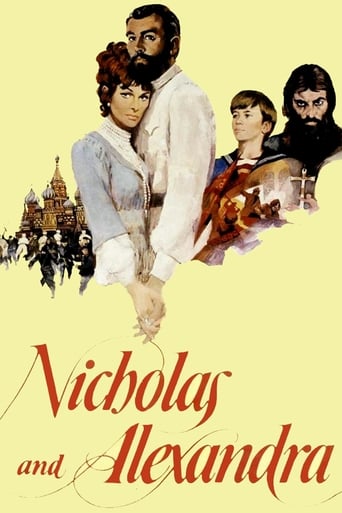

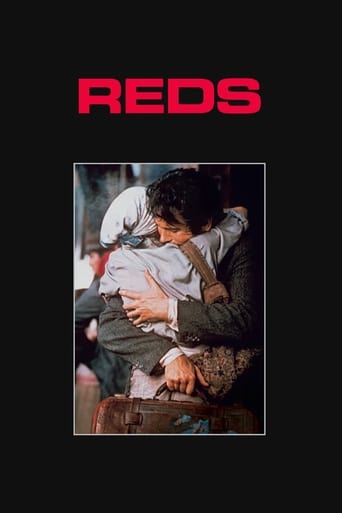

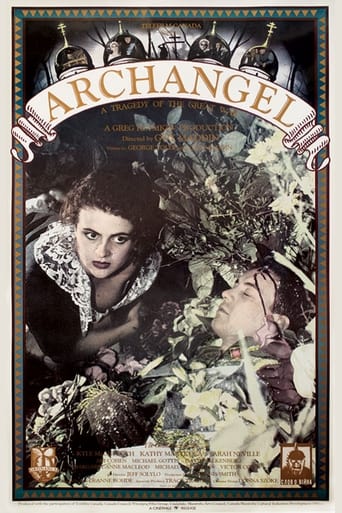







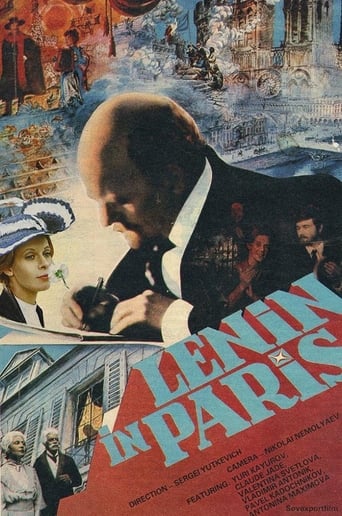





















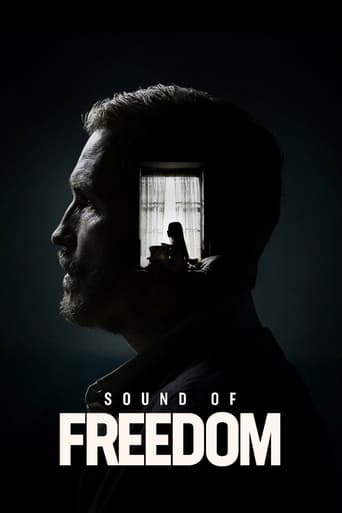

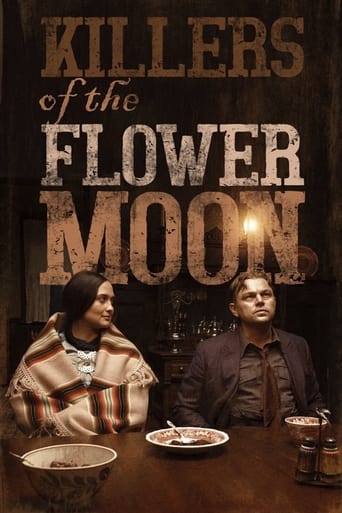
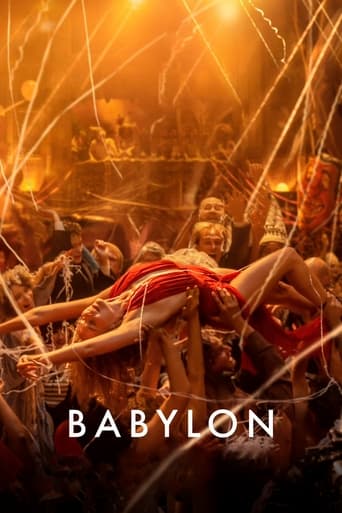

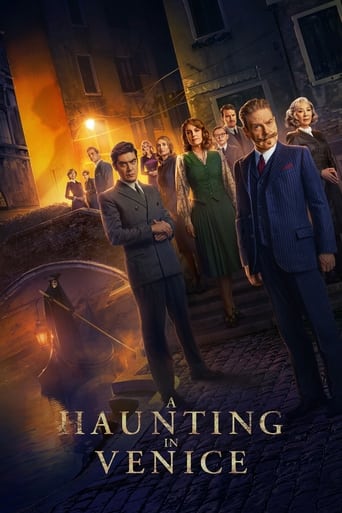
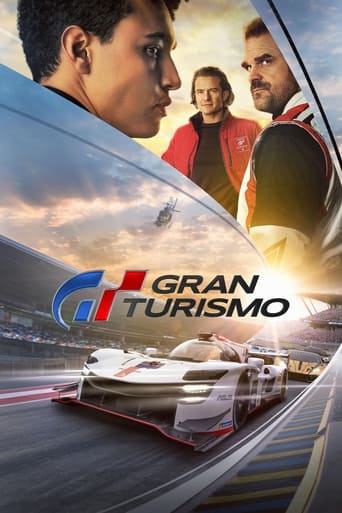
The Vow
The story of Stalin and the Soviet people.